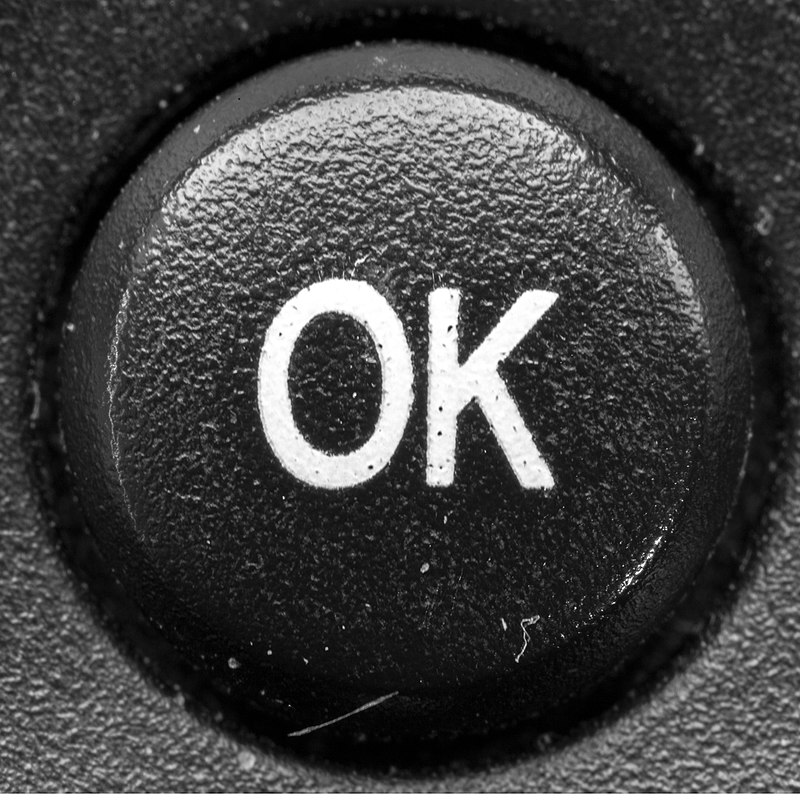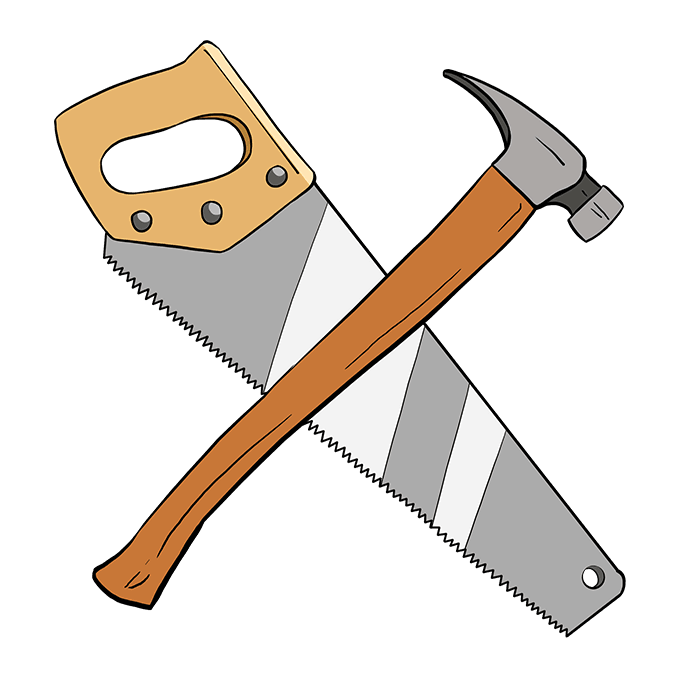here is some free and unsolicited advice. agree/disagree?
situations you will want a cordless drill:
- you are working where there is not guaranteed convenient electricity available
- you need to be extremely mobile and a cord would be hazardous or very inconvenient
- wet environments? idk
examples: rough construction, outdoors, drywall racing
benefits of a corded drill:
- no batteries to charge
- no batteries that can be stolen
- no batteries you can lose or break
- no need to plan around charging batteries
- no batteries which allow the manufacturer to twist your arm into buying a new device when the old one works just fine; less susceptible to planned obsolescence
- no batteries to weigh the tool down: lighter and more comfortable to use the tool and better balance
- tool is smaller and easier to use in cramped situations
- don't need a case, charger, extra batteries or other junk
- one less thing to go wrong; more repairable if it does
- more powerful
you are in a comm called "DIY" = you are probably always working near a power outlet and not going very far. consider a corded drill instead of mindlessly going cordless.
Make sure you get a decent extension cord. I used heatshink tubing to add an extra 6ft to my cord, that makes it long enough for many applications. Sometimes I tie on an extra one.


I am a plumber. I work predominantly wet environments, sometimes with power, sometimes no.
Wet area? Cordless. Rough in work before the slab is poured/temp power setup on site? Cordless. Tunneling under a home to repair plumbing, cordless. In the small town i live in there are two tunnel/trench companies to ferret work out to. One company lost two guys to electric shock due to improper training, no GFCI box, and extension cords in a wet tunnel. Id rather not get hung up like those two guys did so no cords in a tunnel.
I carry a hole hawg which is corded, backup corded stuff in case something shits the bed mid work, and a few corded tools that i use regularly for certain things (drill for hub saver, rotary hammer for setting anchors in concrete, and demo hammers which wont run on anything but mains voltage). Some of my tools, for pressing copper, or crimping/expanding PEX, only offer manual versions or battery powered, no corded options exist.
Id love to be a le to use corded stuff mostly. Lighter, less fussy bits to fuck up and stop working, moar power than cordless, usually cheaper, easier to get running agin.
when I was last on a job site it was a long time ago; cordless tools weren't really good enough for regular use and would only be considered disposables. but not to rely on. i worked with a guy whose sawsall had a damaged cord which he had fixed with tape. but we were working in pretty wet conditions on the regular so he was just kind of constantly zzzzapzzzapping himself while working. you'd just hear "shit" "fuck" "damn" whenever it was in use. totally normal non union jobsite stuff.
but like even if your cord is pristine it's not great to be dragging it through a puddle especially once you start having a daisy chain of extension cords. that's what I was thinking of to put wet conditions as probably use of cordless. But I don't know if they are good to us if it's wet from the sky (raining) rather than wet from the ground.